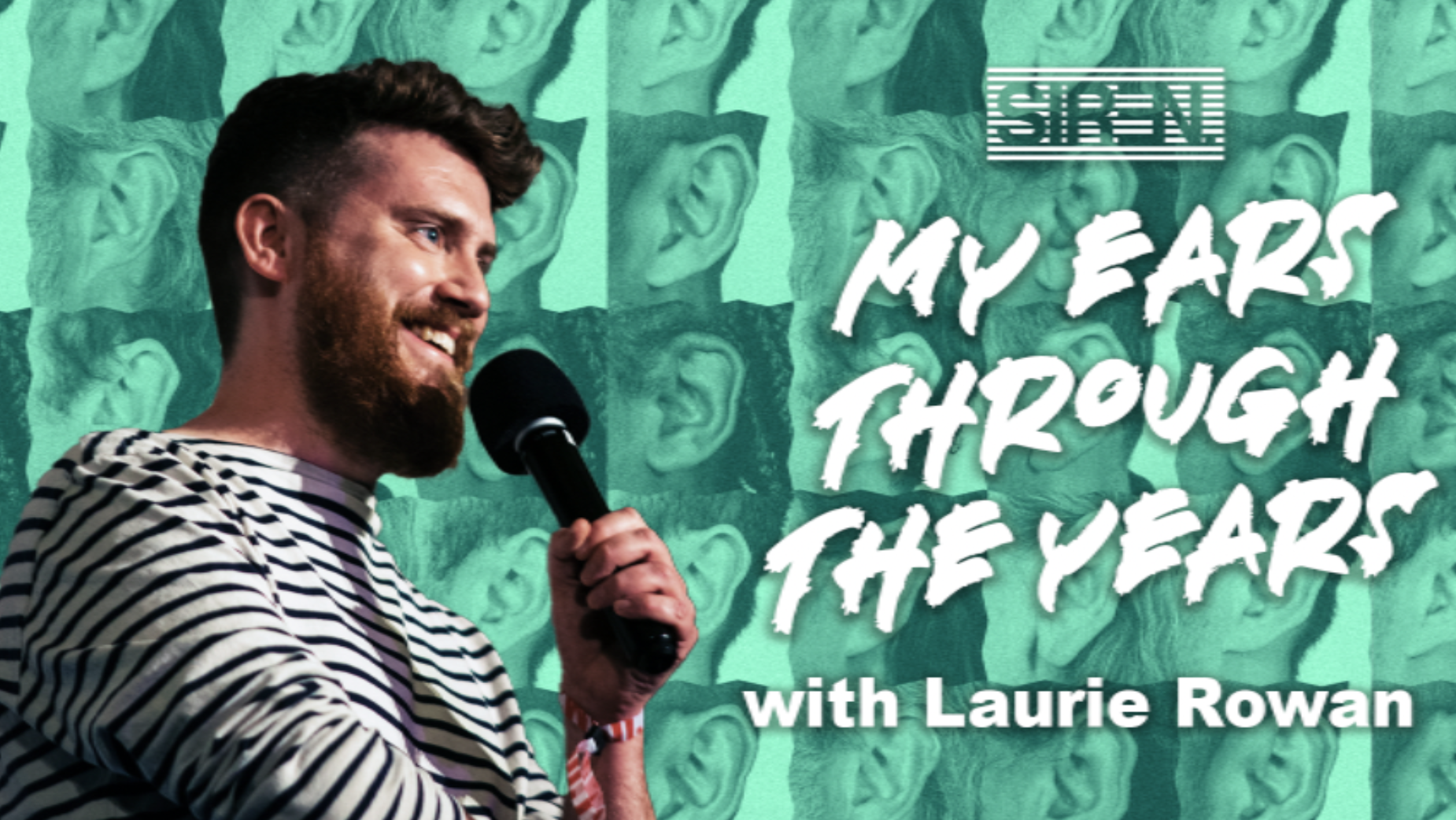Journalism covering the QAnon phenomenon tends to examine the rapid spread of these vague conspiracy theories throughout society at large, and may wonder who the actual originators of these theories from shady quarters are. “Trust the Plan,” by Will Sommer, who covered the story for the Daily Beast (and now writes for the Washington Post), and Cullen Hoback’s HBO documentary “Q: Into the Storm” traced Q’s origins on message boards like 4chan and Reddit and examined the damage its disturbing spread ultimately did to our democracy.
Jesselyn Cook’s Quiet Damage examines the harm QAnon is doing to families

In her carefully researched and impeccably constructed new book, “The Quiet Damage: QAnon and the Destruction of the American Family,” Jesselyn Cook grapples with the personal consequences for many of QAnon’s followers and the people who care about them. It’s an issue that is often overlooked in what Cook describes as “the raging national discourse surrounding the movement,” and “there are few resources for affected families and individuals.” Cook’s goal is to put a human face on those deeply committed followers who are so easily dismissed as delusional or gullible or worse. She also hopes to answer the question she received in “a flood of emails from strangers across the country sharing harrowing” stories of people who abruptly recalibrated their identities around their devotion to QAnon: “What happened to the person I love?”
Cook conducted hundreds of interviews to reconstruct how people fell under the spell of Q’s seductively simplistic portrayal of reality. Her diverse interlocutors include a liberal lawyer whose children have left home, the twin of a Black Lives Matter activist, a fanatical Bernie Sanders supporter, a retired baby boomer and a young father.
The story of Emily and Adam—a mother and son whose lives were shattered by the suicide of the family patriarch, Dan, a tragedy that nonetheless strengthened their bond—is particularly poignant because Emily’s about-face in the years after Adam, the youngest of three children, left for college was grotesquely extreme. Emily, who self-funded her law degree after her husband died and later started a successful practice of her own, had been Adam’s hero; in his own law school application essay, he wrote about his socially progressive mother, whom he sincerely believed would make the world a better place. Yet isolated in her empty nest, Emily tormented her children with tweets and Facebook posts claiming that Mike Pence was a clone and Michelle Obama was a man, and she rarely spoke to them about other topics. Less than a decade later, the two had become estranged by Emily’s increasingly cruel behavior. This culminated in an email in which she called Adam “a ‘monster,’ a ‘huge disappointment,’ and a ‘complete embarrassment,'” and told him to “get rid of my DNA.”
Twins Kendra and Tayshia grew up in poorer neighborhoods in Milwaukee. Although they were “best friends” in their youth, they could hardly have been more politically different as adults. When Tayshia’s husband died of a heart attack, Kendra’s son blamed Tayshia for his death because she “forced” him to get vaccinated against the coronavirus. “You killed him,” he told her. “Mommy told me.”
Such sudden and complete changes in personality and ideology have complex causes and even more complicated solutions. Cook understandably and wisely does not overload her book with psychological digressions, preferring to let the specifics of her subjects speak for themselves. She occasionally draws on historical sources such as Viktor Frankl, Abraham Maslow, and Gustave Le Bon for additional insight. The book would, however, have benefited from more use of the many interviews Cook conducted with psychologists and conspiracy theorists, whose words she largely reserves for an afterword rather than the main text. The intrusion of familiar concepts such as Maslow’s hierarchy of needs or Frankl’s search for meaning could have been fruitfully replaced by more direct insights from the contemporary experts she consulted.
But overall, Cook makes an important contribution to the tricky QAnon puzzle, showing the profound impact on otherwise average people caught in the movement’s clutches and the collateral damage inflicted on those around them. As we’re painfully learning again and again, people’s sense of truth relies on more than just verifiable facts. Beliefs like QAnon’s—which are at least imaginative—can appeal to those for whom the truth is too mundane to be compelling or too complex to be comforting. Disinformation, provocative theories, and scapegoats on a silver platter have proven to be tempting alternatives for more people than we could have imagined. Cook’s book doesn’t offer solutions, but it sheds important light on the problem.
Jonathan Russell Clark has written for Esquire, the New York Times, the Los Angeles Times, and others. He is the author of Skateboard and An Oasis of Horror in a Desert of Boredom.
The silent damage
QAnon and the Destruction of the American Family



